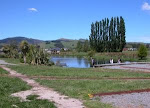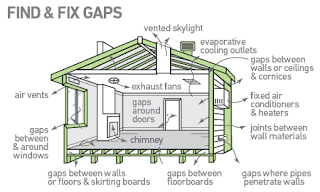Councils all over the world talk about the “three waters”. These are:
- Drinking and household water,
- Waste water and
- Surface water.
Drinking Water
Few of us stop to think how amazing it is that we can turn on the tap and good water comes out. 100s of kilometres of pipes and huge pumps are used to get water to your place, just when you want it from deep under the ground.
Waste Water
This is water from things like our washing water, our toilets or used water from our sinks. It also includes water that has been used by industry. This water is is pumped through sewers and to the sewage treatment plant in Bromley.
Surface Water
This is all the water that flows off our streets, driveways, houses, and parks when it rains. All surface water runs directly into our creeks and river systems.
Christchurch is one of the flattest cities in the world and much of it used to be wetlands. This means that drainage in the city has always been difficult, particularly when we have a lot of rain. Water quickly runs off the hard, paved surfaces that we have around the city rather than soaking into the ground slowly. This increases flooding and affects the pollution of our rivers and streams.
Any pollutants on these surfaces run off when it rains and end up in the rivers and, eventually, in the sea. Common pollutants are things like
- plastic, which is dropped or falls out of people’s rubbish bins,
- copper which comes from car brake pads or copper on houses,
- zinc which comes from unpainted roofs and
- oil, detergents or anything that might be on the roads or in driveways that is washed off when it rains.
- dog poo and pee
- Anything that people decide to wash down a drain
You can help keep our local rivers clean by:
- asking for copper free brake pads when you have to replace the brake pads on your car,
- making sure your car is not leaking oil, and by washIng your car on your lawn or in a car wash (not on your driveway or on the road where all the detergent will run into the river).
- keeping your roof painted,
- washing paint brushes in a sink in your house rather than near roadside drains, and
- picking up dog poo when you are out walking the dog
- planting densely along drains and river banks. If you have a river in your garden you can do this yourself. If not the help with planting days along stream banks. Taller plants and even long grass can help to catch pollutants before they enter the waterways





